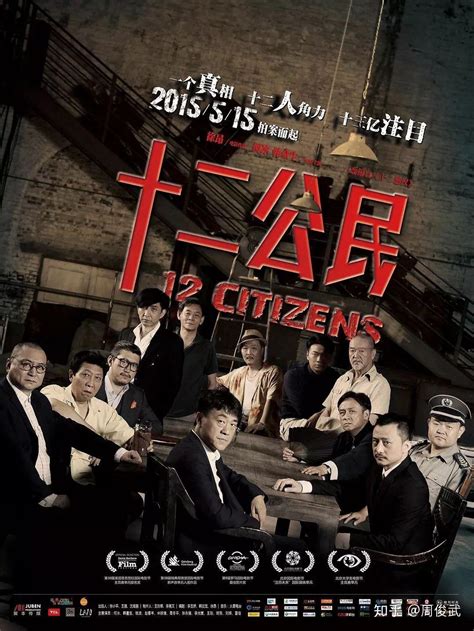辩护人电影分析论文
```html

Legal Issues in Film: Defending the Defenders
When it comes to legal matters portrayed in films, the realm of courtroom dramas often takes the spotlight. These movies not only entertain but also provide a platform to explore complex legal concepts and ethical dilemmas. Let's delve into some of the key legal issues frequently depicted in films and how they relate to realworld legal practices:
In many courtroom dramas, the focus is on the trial itself – the strategies employed by attorneys, the examination of witnesses, and the presentation of evidence. While these scenes may be dramatized for cinematic effect, they often capture the essence of trial procedures and courtroom etiquette.
Guidance: Filmmakers should strive for accuracy when depicting trial procedures to provide viewers with a realistic portrayal of the legal process. Legal consultants or advisors can be invaluable resources in ensuring authenticity.
Characters in legal films often face ethical dilemmas, such as the decision to withhold evidence, suborn perjury, or engage in other questionable practices to secure a favorable outcome for their clients. These portrayals raise important questions about the ethical responsibilities of attorneys.
Guidance: Filmmakers should use these portrayals as opportunities to explore the complexities of legal ethics and the consequences of unethical behavior. Highlighting the importance of upholding professional standards can promote public trust in the legal profession.
Many films explore the issue of wrongful convictions, shedding light on flaws in the criminal justice system such as biased investigations, coerced confessions, and inadequate legal representation. These narratives often serve as calls to action for criminal justice reform.
Guidance: Filmmakers can contribute to the discourse on criminal justice reform by raising awareness of systemic issues and advocating for changes that promote fairness and accountability within the legal system.
Legal dramas frequently grapple with questions of civil liberties and constitutional rights, such as freedom of speech, privacy, and due process. These themes resonate with audiences and underscore the importance of protecting individual rights in the face of government overreach.
Guidance: Filmmakers should strive to accurately depict the complexities of constitutional law and the ways in which legal principles intersect with realworld issues. By fostering public understanding of civil liberties, films can inspire advocacy for social justice.
One recurring theme in legal films is the disparity in access to justice based on factors such as wealth, race, and social status. Characters often struggle to obtain competent legal representation or navigate a legal system that favors the privileged.
Guidance: Filmmakers can use these narratives to highlight the systemic barriers to justice faced by marginalized communities and advocate for reforms that promote equal access to legal representation and fair treatment under the law.
In conclusion, legal issues portrayed in films serve as a reflection of society's values, concerns, and aspirations for justice. By addressing these issues with sensitivity, accuracy, and integrity, filmmakers can engage audiences in meaningful conversations about the law and its impact on individuals and communities.
